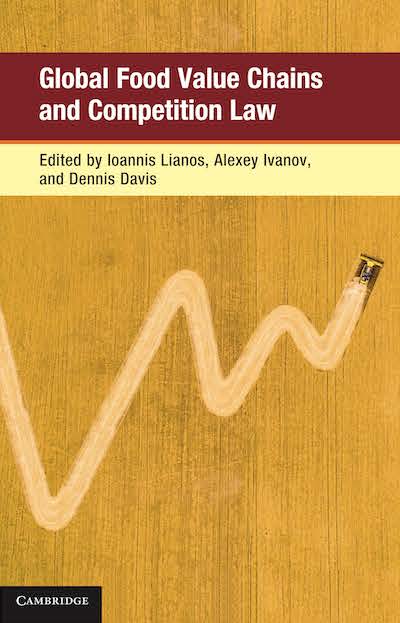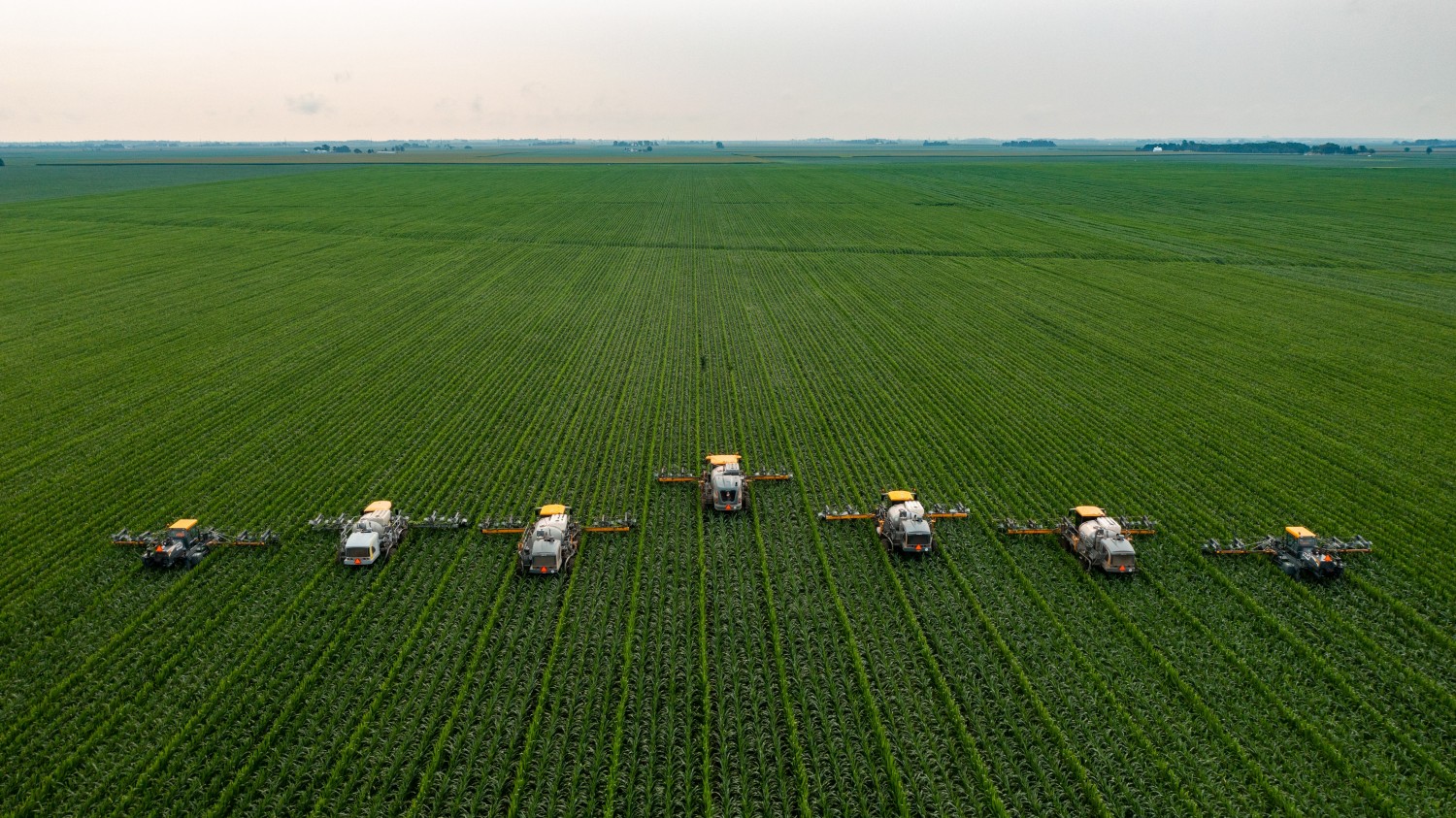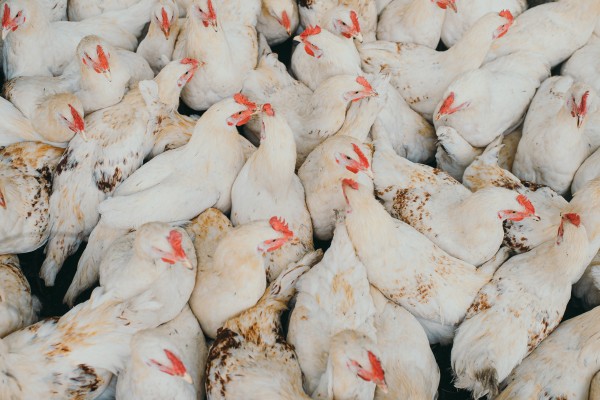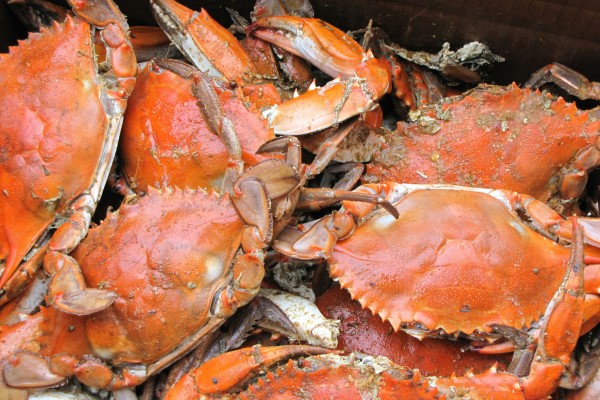The book presents an analysis of global value chains from the perspective of competition law. The authors include scholars and experts from the BRICS Competition Centre at the National Research University Higher School of Economics.
The book is the next stage of the BRICS Centre's research project on global food value chains, which has been conducted since 2015 together with the BRICS Working Group.
A broad international team of leading scientists and experts worked on the book. The editors were Alexey Ivanov, Director of the BRICS Competition Law and Policy Centre, Yannis Lianos, President of the Hellenic Competition Commission and Professor at UCL, and Dennis Davis, Professor at the University of Cape Town School of Law and former President of the South African Competition Appeal Court.
The work presents a new conceptual methodology for analyzing and regulating food markets, which can be used by competition authorities, companies and academics through the prism of global food value chains. In addition, the authors of the study address the challenges posed to regulators by the transition to a green economy and demands for environmental sustainability. With the radical transformation of food markets and rising prices, including those related to the pandemic, these issues are particularly relevant to the broader public debate.
"A few years ago, we assumed that we had overcome the problems of hunger. Quite recently, at the UN session on these problems, participants came to the conclusion that these problems have not been overcome and the issue of hunger is not off the agenda."
- says Alexey Ivanov, editor of the book and director of the BRICS Competition Centre.
The authors of the book devoted their research to the global food supply chain, since this problem is one of the largest at the moment.
"This chain itself is organized quite complex: it is connected with a large number of services, including digital mechanisms, it is a very serious and complex system."
- Alexey Ivanov continues.
According to him, price volatility "brings a lot of problems both for consumers and for companies that produce food products".
The authors also focus on topics such as climate change, the carbon footprint, and the sustainability of the food production system.
The book's co-author, Pierre Regibaud, chief competition economist at the European Commission, emphasized its timeliness:
"This is probably the first publication devoted to global food chains that is explored in such detail. Why is it so important? First of all, because during a pandemic, chains have become the most fragile, and we are facing not only problems of unemployment, but many others. And all of this will be exacerbated by climate change".





